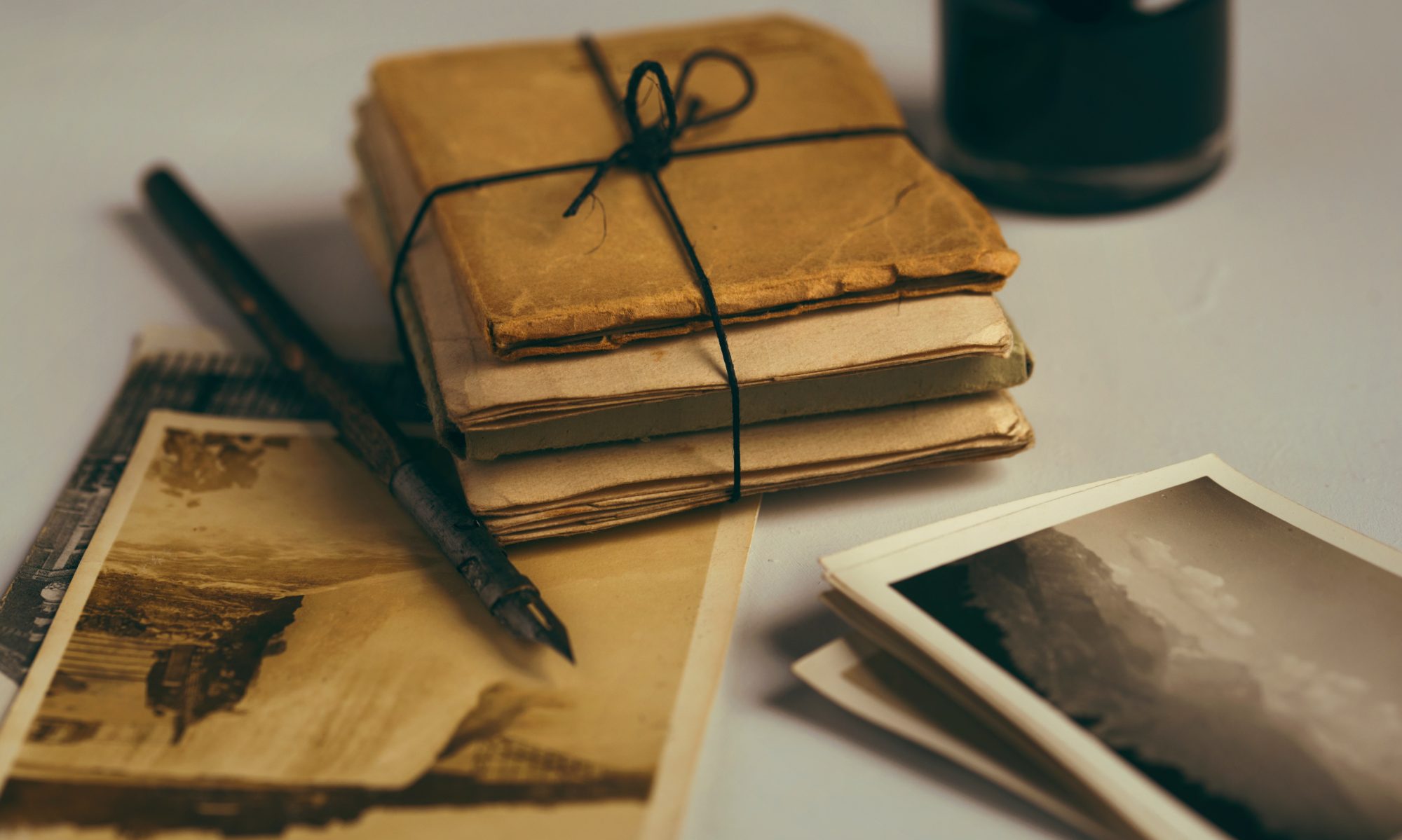This week I am back in England, staying in the Midlands with my remaining close English family. Much of my family history has links to Birmingham and the surrounding areas. I was born there and many of my family lines extending back for several centuries are within the modern-day boundaries of Birmingham. Indeed, my maternal grandmother lived in the (now) suburb of Kings Norton right up to her death in 2007 without even knowing of the depth of her heritage there.

My family links to Kings Norton, however, precede the commencement of parish registers and on some lines go back at least 700 years. It seems as though almost all genealogical roads lead to Kings Norton on several branches of my tree, both maternal and paternal. I’ve often wondered if that is why I’ve always felt a connection to Kings Norton village green or whether it’s just because it is a lovely little historical oasis in a large city.

It actually blows my mind to think that so many of my ancestors crossed paths on a daily basis with each other in what was at the time a small rural village. Their descendants gradually dispersed from Kings Norton to other towns, villages and cities such as Birmingham, Stratford on Avon, Dudley, and even further afield. Yet the lines still managed to merge again by the 20th century to produce my generation who are now living in Australia!

As you know by now, the thing I love about genealogy is not the names and dates but the stories of my people. So today, I’d like to share a tale about one of my least favourite ancestors. We all have black sheep, and they often create the best family stories!
Edward Field (1623-1685) of Kings Norton
The Field family of Kings Norton, Worcestershire had been in the village for many generations and were quite powerful and well-respected in the area. Edward was the son of William Field of Bells Farm which still exists today. William had taken ownership in 1638 and lived there at Bells Hall with his family.

In 1642, the Civil War broke out. Although nearby Birmingham was strongly on the Parliamentarian side, Kings Norton and William himself were staunchly Royalist. Bells Farm was situated on the road that commanded the east, and while he was building fortifications and digging tunnels, the tradespeople of Birmingham were making weapons for Cromwell’s army.
Prince Rupert and his troops turned up in 1643, finding a friendly local welcome (including the Field family), and overpowered the Parliamentarians, almost destroying Birmingham in the process. However later in the year Cromwell’s army made a comeback with large numbers of men and heavy artillery and attacked Kings Norton. William had to surrender.
There is no further trace of William. He was never seen again. There is no burial record and his body is not in the family crypt. He is believed to have been executed and his body dumped.
Edward, a young man of about 20 years of age, profited well from his father’s death. Naturally he inherited Bells Farm, which had been damaged during the battle but was then left alone. He also however mysteriously managed to acquire several other properties and much wealth. To do so at this time indicates that he was in favour with the Parliamentary forces, despite them having seen his father and the village of Kings Norton as enemies.
By the time Edward died in 1685, he was a very wealthy man indeed. He had repaired and several times extended Bells Farm, to the point where by 1666 he was paying Hearth Tax for seven fireplaces. His will is voluminous and his six children each inherited properties and a significant amount of money (except his son John who got his watch and his books!). No trace of his inventory has been found though I hope it turns up one day as I’d love to see the list of items he had acquired!
Edward was clearly a resourceful young man, who saw which way the winds of war were blowing and switched sides. To have profited so immensely, it is hard not to believe that he must have betrayed his father to assist the Parliamentary forces in breaching the fortifications of Bell Hall. Whether or not he realised it would result in his father’s death is a matter of conjecture, as is whether he ever felt regret at what he had done. Whatever the truth I do not like this ancestor. But hey, it makes a fabulous family story!
Worcestershire resources are scarce!
One of the great things about having so many ancestors from a single village is that over the years I have gathered quite a collection of resources about it. Parish register copies, local history books, collections of memorial inscriptions, some poor law records, loads of local wills etc. Being in Worcestershire, there is comparatively little available online that isn’t just indexes and transcripts. Even then it is not well covered in comparison with other English counties.
Shout out to Familysearch, FindMyPast, Ancestry, etc…please get around to digitising and publishing Worcestershire records!









